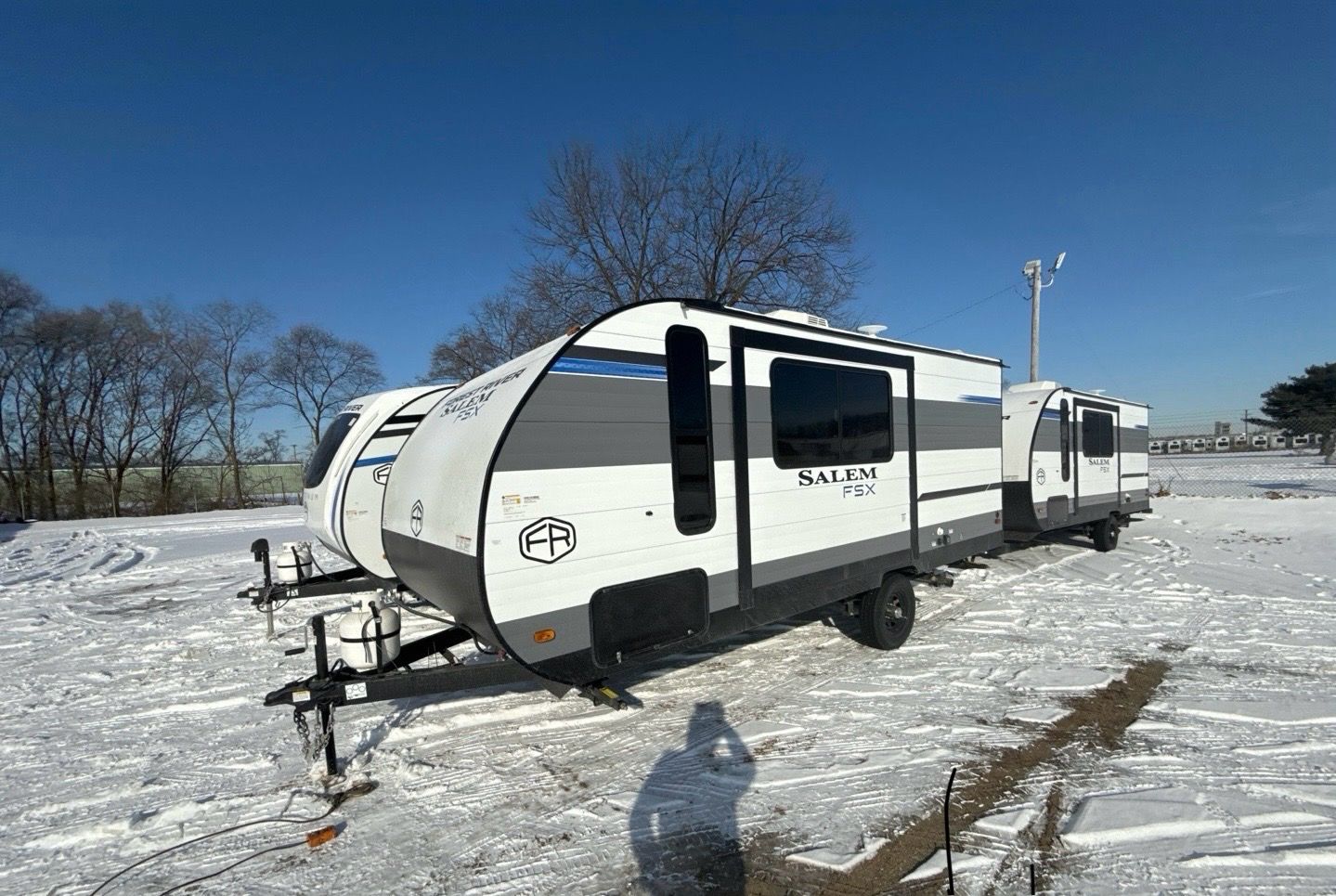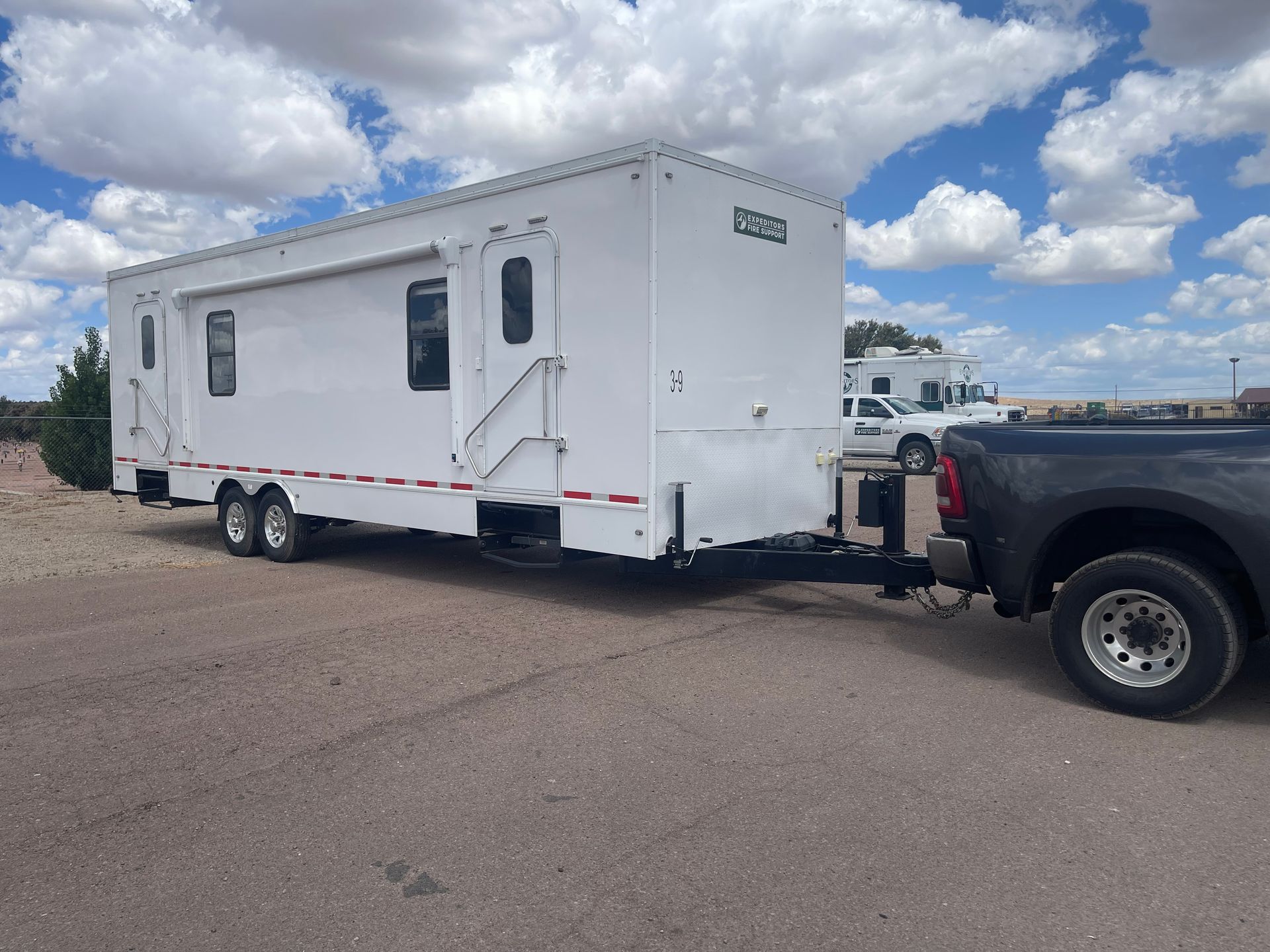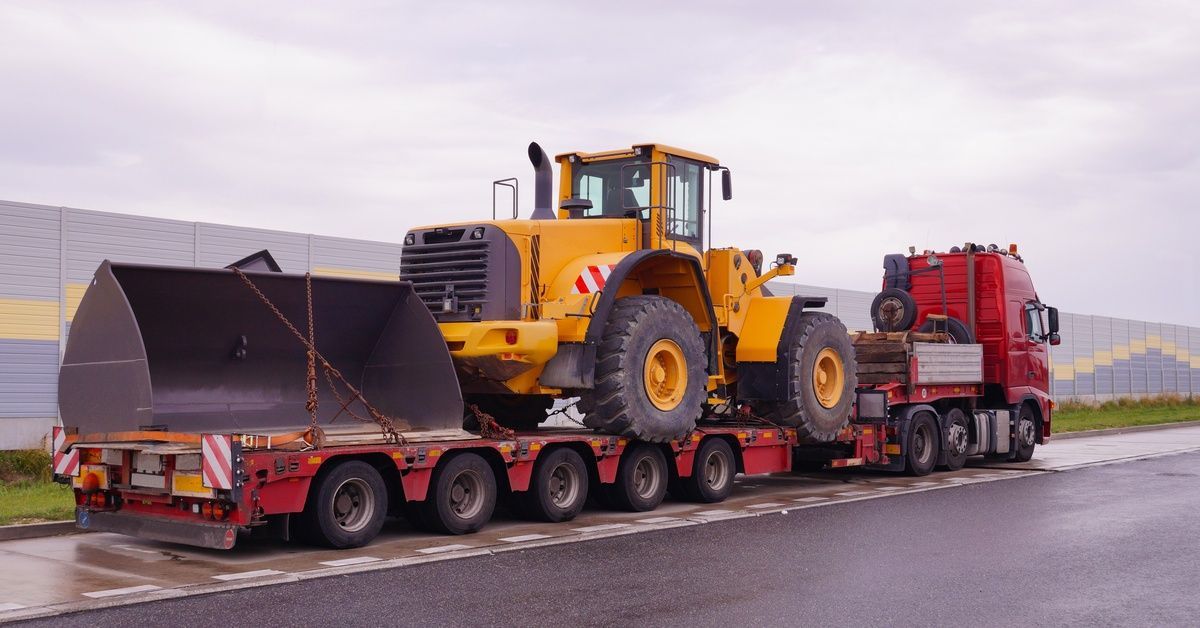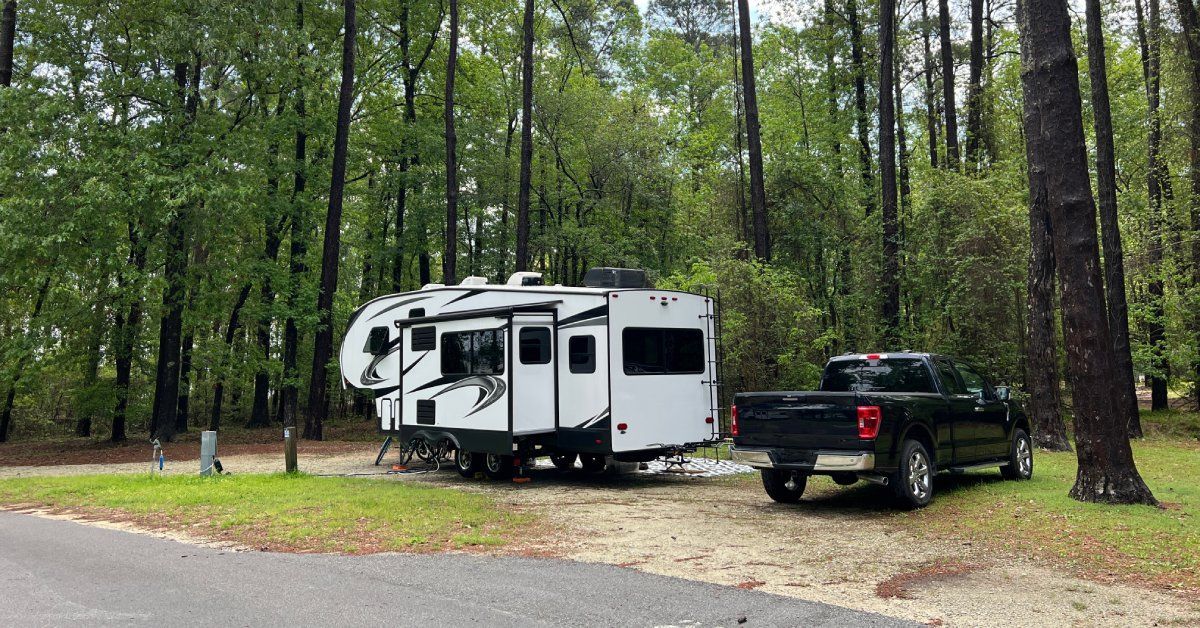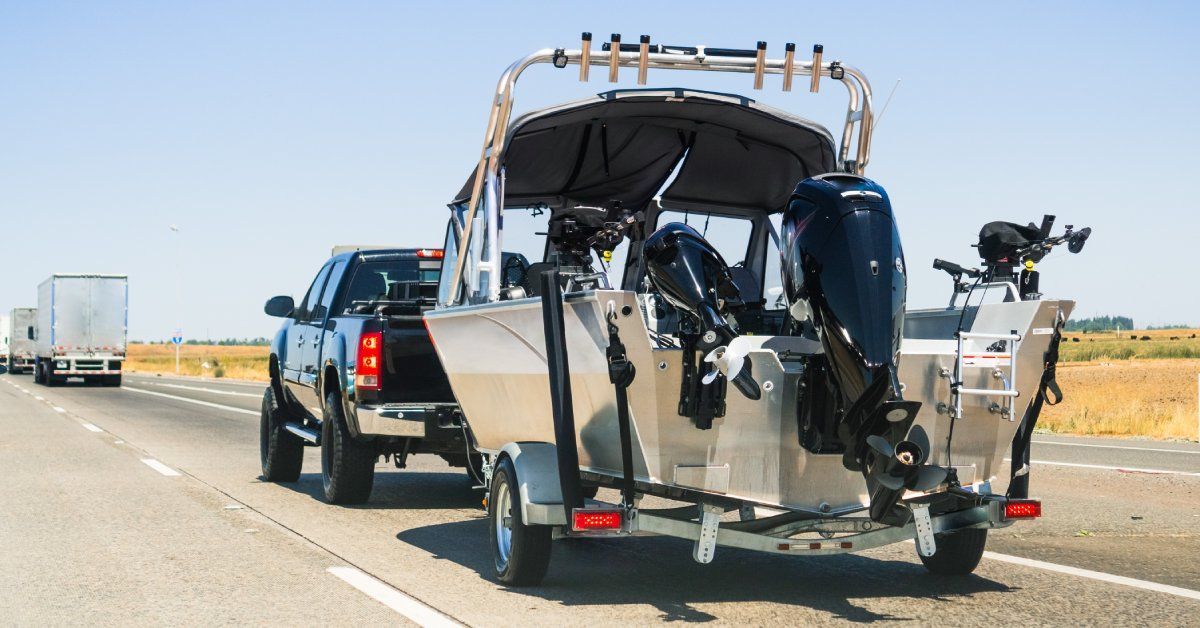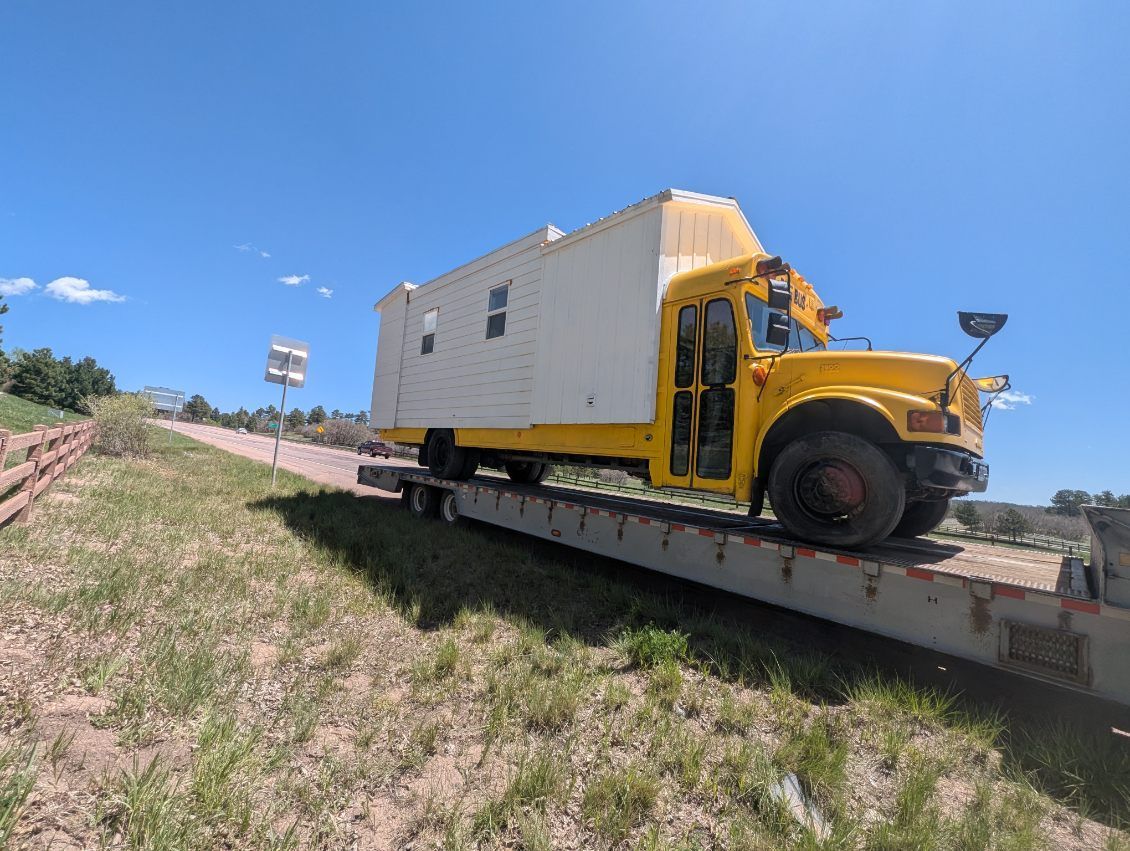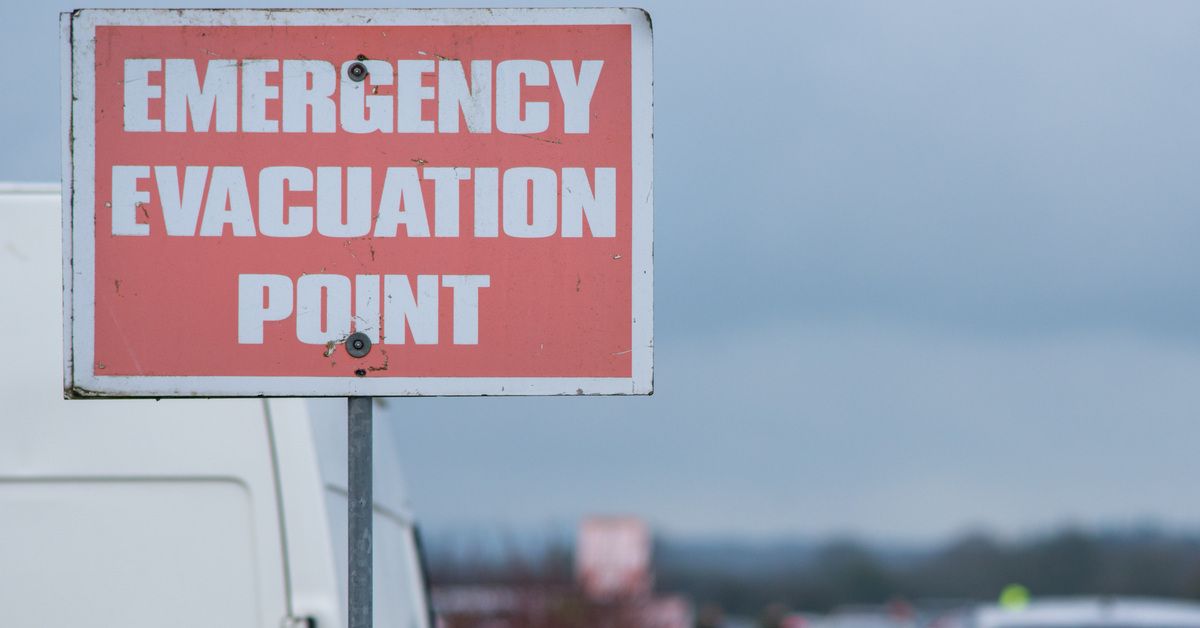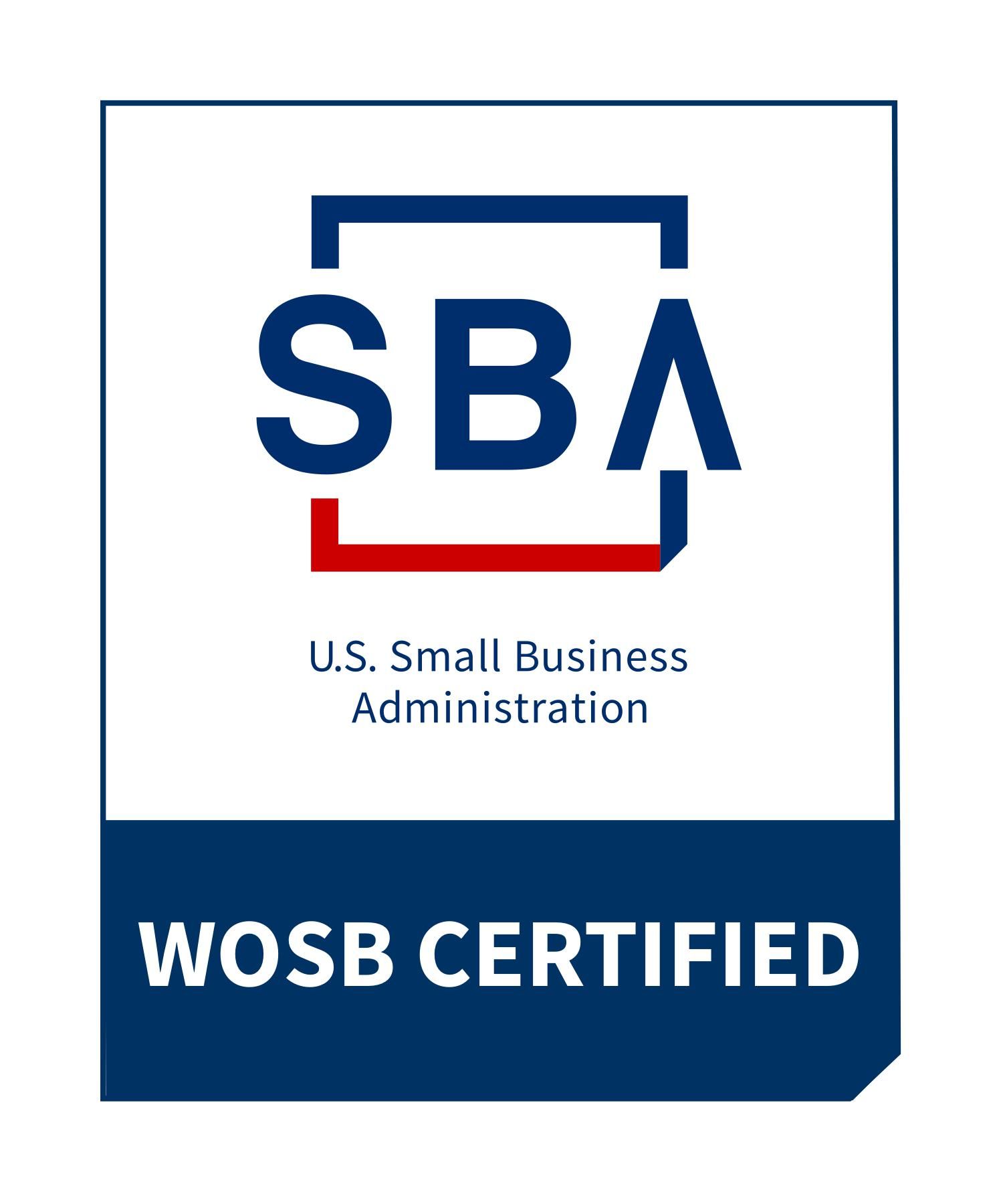Transporting RV Trailers
OCL is your #1 Choice for RV Transportation
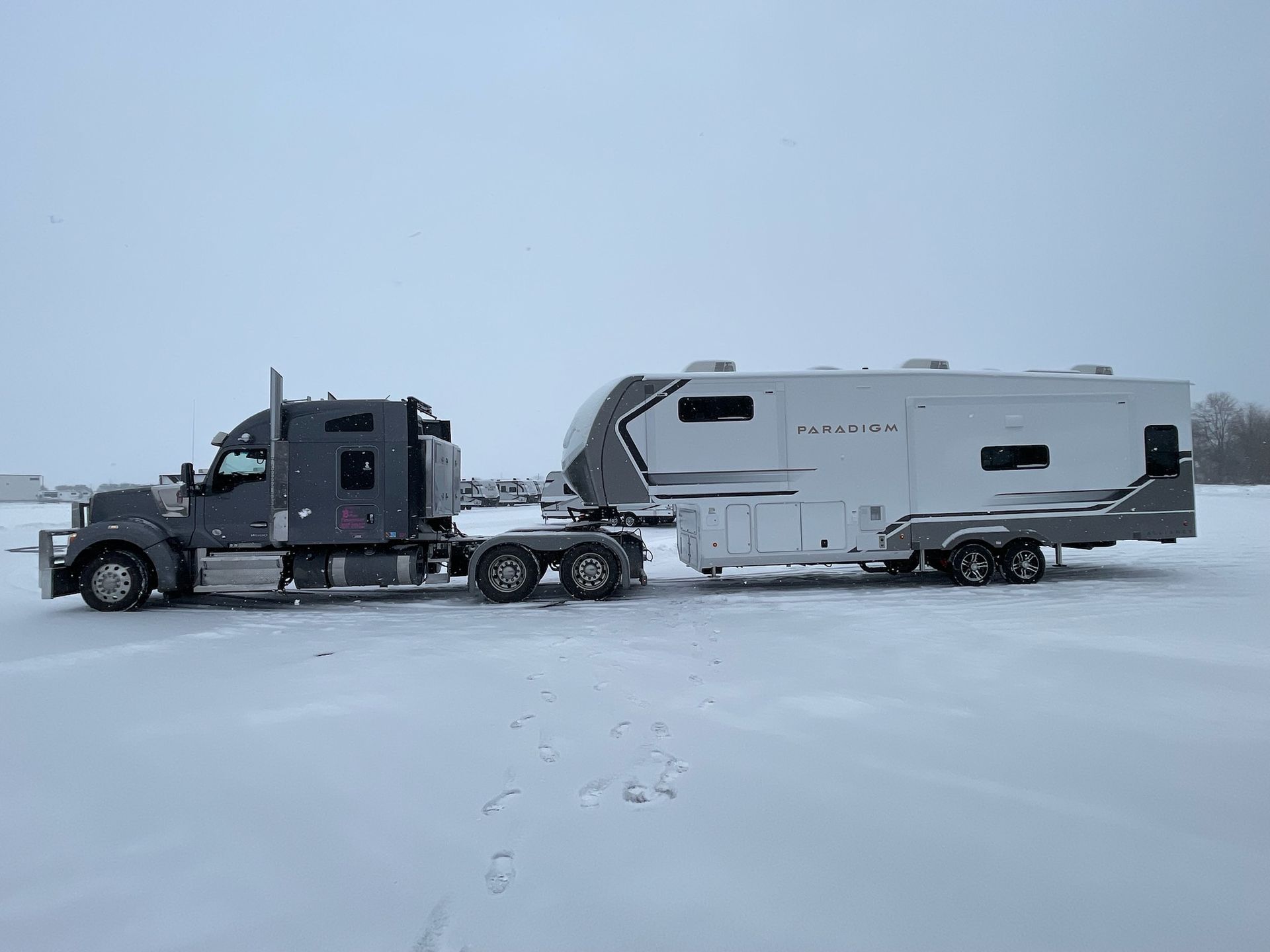
Here’s a breakdown of the key aspects:
1. Transport Methods
There are a few ways to transport RV trailers, depending on the type, distance, and requirements.
A. Towing (Drive-Away)
- Requires a capable truck with the correct hitch and towing capacity.
- Suitable for smaller travel trailers, fifth wheels, and toy haulers .
- Requires proper safety checks, brake controllers, and adherence to weight limits.
B. Flatbed or Lowboy Trailer Transport
- Used for large or multiple RVs .
- Requires a commercial truck and specialized loading/unloading equipment.
- Offers better protection for long-distance hauling.
- Shipshe Trailers are for hauling multiple RVs at once and drivers can load/unload themselves.
C. Tow-Away Service
- Professional transporters use their own trucks to tow the trailer.
- Ideal for individuals buying or selling an RV out of state.
D. Drive-Away Service
- If the RV is motorized (e.g., Class A, B, or C motorhomes), a driver can drive it to the destination.
- Often used by RV dealerships, transporters, and rental companies.
2. Costs of Transporting an RV
Transport costs depend on:
- Distance (longer hauls usually cost less per mile).
- RV size & weight (larger RVs require special permits and routes).
- Fuel prices & road tolls .
- Transport method (tow-away is usually cheaper than flatbed hauling).
Average rates:
- $2.50 to $3.00 per mile for shorter trips.
- $1.85 to $2.85 per mile for long-distance hauls.
3. Transport Requirements & Legal Considerations
- DOT & CDL Requirements : If hauling for commercial purposes, you may need a commercial driver’s license (CDL) and a Department of Transportation (DOT) number .
- Insurance : RV transporters need cargo and liability insurance .
- Permits & Regulations : Some states require oversize permits for large RVs.
- Route Planning : Low bridges, weight restrictions, and road conditions need consideration.
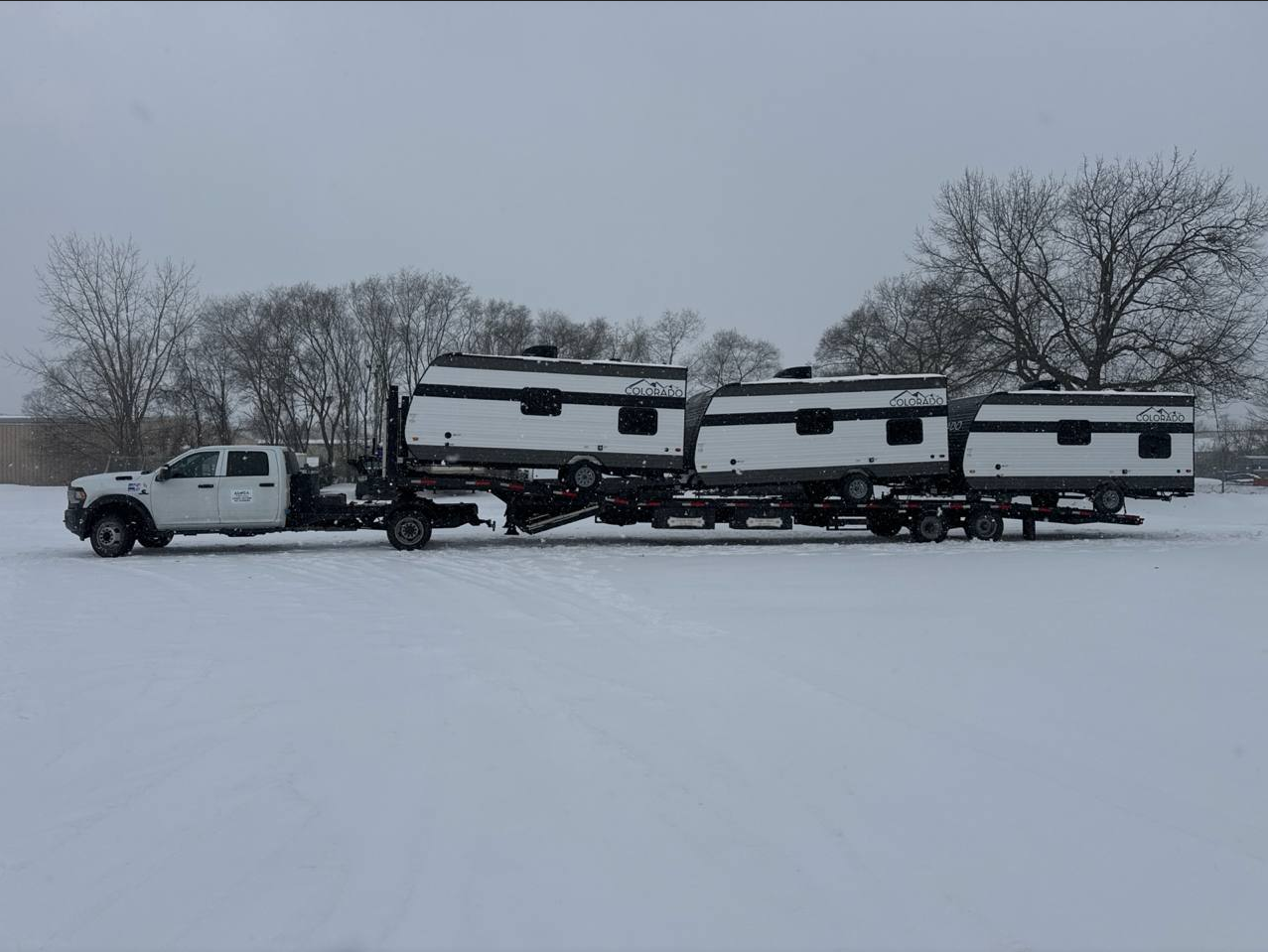
One Call Logistics specializes in RV transportation nationwide and arranges transportation for dealerships across the country. Our commitment to getting your RV's delivered quickly, and efficiently while also having competitive rates makes us stand out. We go the extra mile, every time.
Are you interested in our RV Transportation Services? Call us today at (800) 674-8441 or email us at quotes@one-calllogistics.com and one of our dedicated team members will reach out to you.
